The ocean has always whispered its secrets to those who listen closely. Now, a groundbreaking interactive game is bridging the gap between human curiosity and marine life’s hidden language. Whale Song Decoded: Marine Bioacoustics Interactive Game isn’t just entertainment—it’s an invitation to plunge into the mysterious world of underwater soundscapes, where players don’t merely observe but actively participate in the symphony of the deep.
Developed by a team of marine biologists, sound engineers, and game designers, this innovative experience transforms players into virtual bioacousticians. Through stunningly realistic audio simulations, users learn to identify and interpret the complex vocalizations of whales, dolphins, and other sea creatures. The game’s engine processes real hydrophone recordings from oceans across the globe, offering an authenticity that’s both educational and deeply moving.
How does it work? Players navigate a beautifully rendered underwater environment where sound behaves as it would in actual ocean conditions—traveling farther and faster than in air, bending with temperature gradients, and reflecting off geological formations. The challenge lies in distinguishing between biological sounds (like a humpback’s haunting melody), anthropogenic noise (ship propellers or sonar), and geological activity (undersea earthquakes). Advanced algorithms adapt the difficulty based on the player’s growing expertise, making each dive uniquely challenging.
What sets this experience apart is its scientific rigor. Every click, whistle, and pulse in the game corresponds to documented marine mammal communication patterns. Players discover how sperm whales use rhythmic codas for social bonding, how orcas employ distinct dialects between pods, and how blue whales—the loudest animals on Earth—can broadcast their infrasonic calls across entire ocean basins. The game even simulates how noise pollution disrupts these ancient acoustic networks, fostering empathy for conservation efforts.
The emotional resonance is unexpected. There’s something profoundly intimate about "conversing" with a virtual pod of belugas by mimicking their chirps correctly, or feeling the bass vibration of a fin whale’s 20Hz pulse through the controller. Test players reported lingering memories of in-game encounters, with some describing the melancholic beauty of a right whale’s song as "life-changing." This emotional connection drives home the game’s underlying message: these are not abstract sounds, but voices of intelligent beings sharing our planet.
Beyond entertainment, the project serves as a citizen science platform. Players can opt to submit their analyzed audio clips to partnered research institutions, contributing to real-world studies on marine mammal distribution and behavior. Early data from beta testers in Alaska helped researchers identify previously unknown gray whale feeding grounds—a testament to the game’s dual purpose as both art and scientific tool.
As climate change and human activity alter ocean soundscapes at an unprecedented pace, Whale Song Decoded arrives as both a time capsule and a call to action. It preserves the acoustic heritage of marine life while empowering players to understand—and protect—these vanishing voices. The game’s final level, set in a future ocean either thriving or silent based on the player’s conservation choices throughout the journey, leaves a lasting impression about humanity’s role in this underwater chorus.
Available on VR platforms for full sensory immersion or traditional screens with high-fidelity headphones, this experience redefines nature gaming. It doesn’t just simulate the ocean—it lets you listen to its heartbeat, one decoded whale song at a time. Pre-orders have already surged among educators, marine enthusiasts, and gamers seeking meaningful narratives, suggesting that the world is ready to tune in to the ocean’s greatest hits.
The developers hint at future expansions, including modules focused on coral reef soundscapes (where fish larvae navigate via sound) and deep-sea hydrothermal vent communities. For now, though, the spotlight remains on cetaceans—the maestros of marine acoustics whose songs have echoed through the deep for millions of years, and whose survival may depend on our willingness to finally understand them.
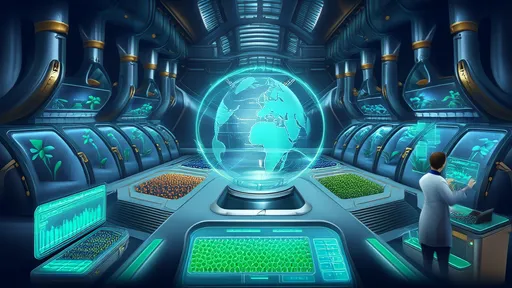
By /Jul 3, 2025
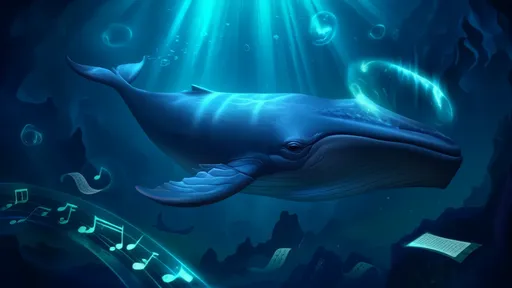
By /Jul 3, 2025

By /Jul 3, 2025

By /Jul 3, 2025

By /Jul 3, 2025
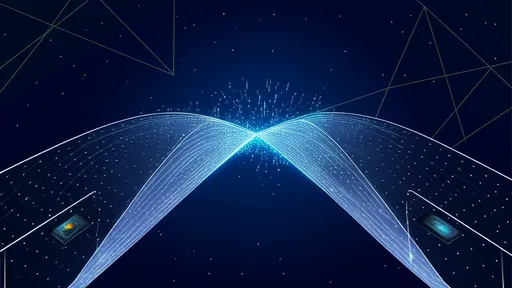
By /Jul 3, 2025

By /Jul 3, 2025

By /Jul 3, 2025

By /Jul 3, 2025

By /Jul 3, 2025

By /Jul 3, 2025
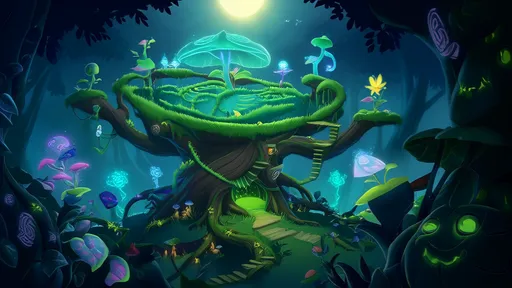
By /Jul 3, 2025

By /Jul 3, 2025

By /Jul 3, 2025

By /Jul 3, 2025
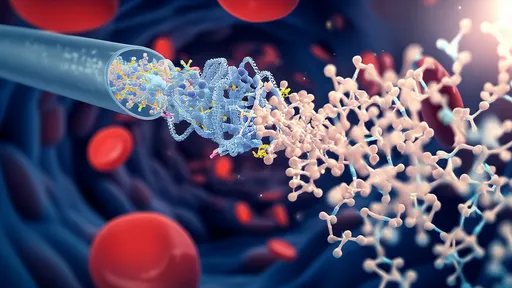
By /Jul 3, 2025

By /Jul 3, 2025

By /Jul 3, 2025